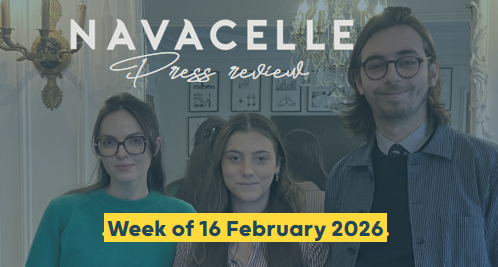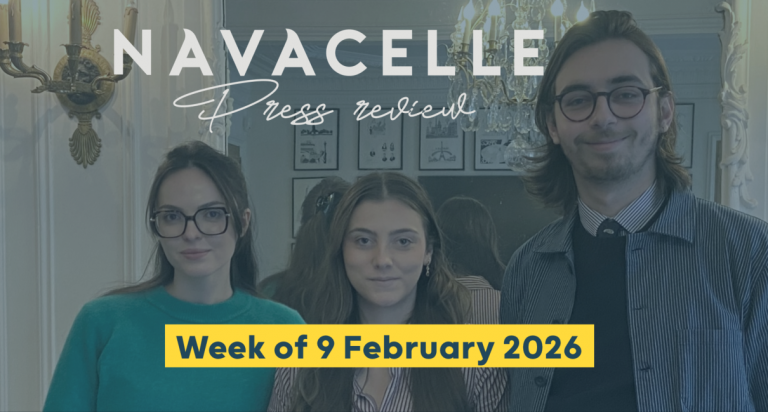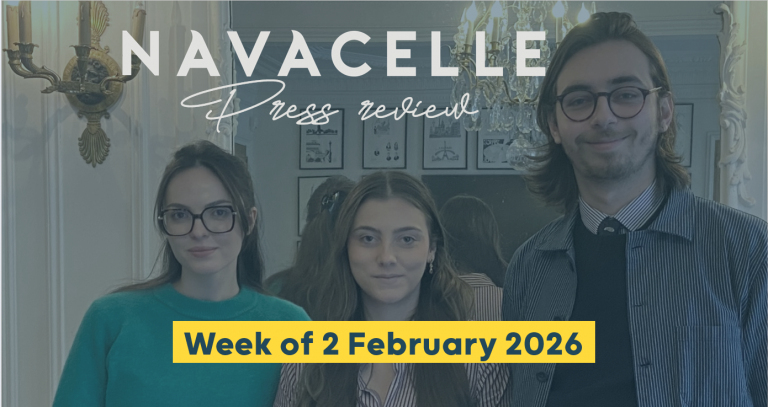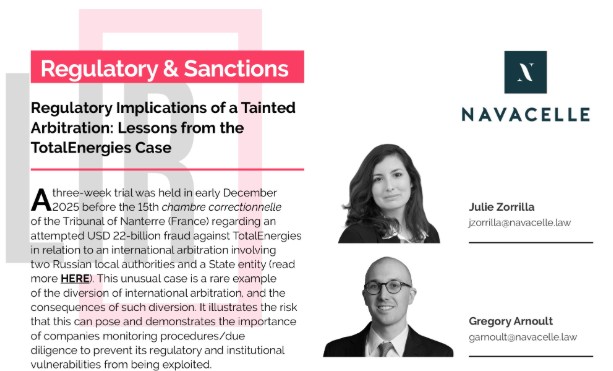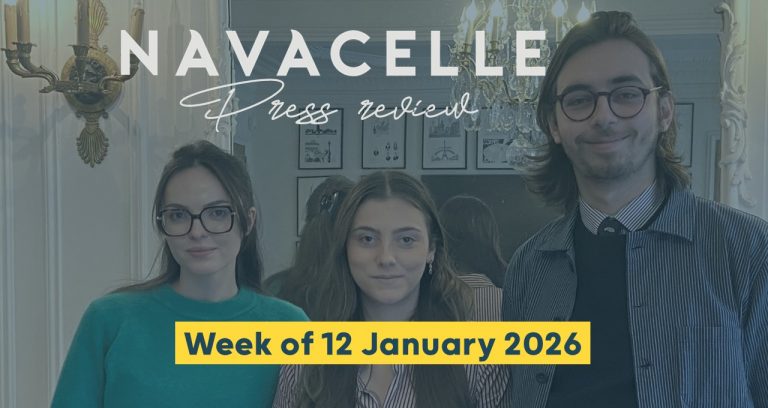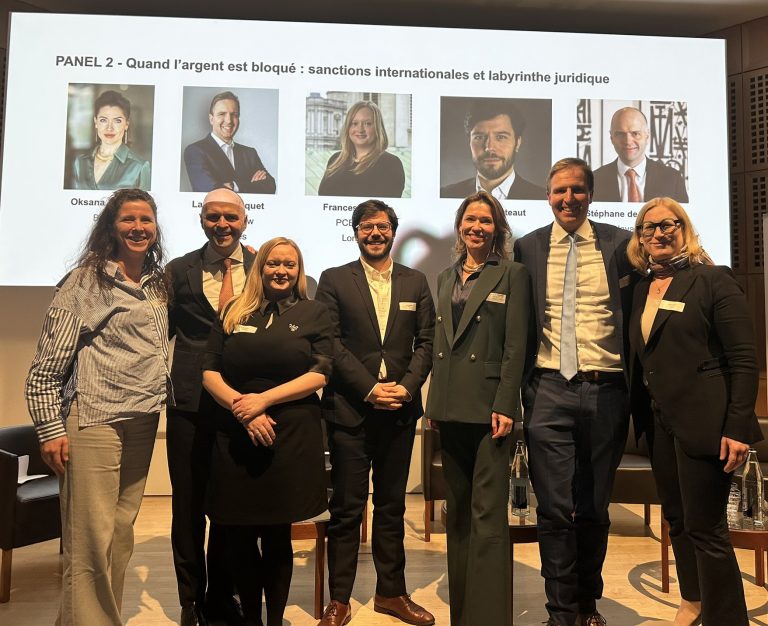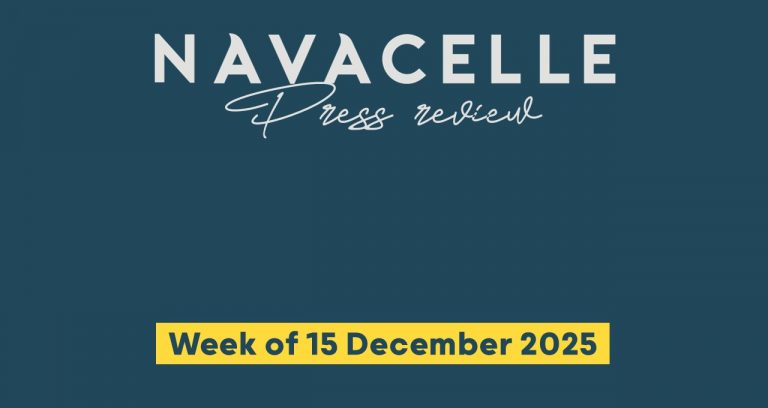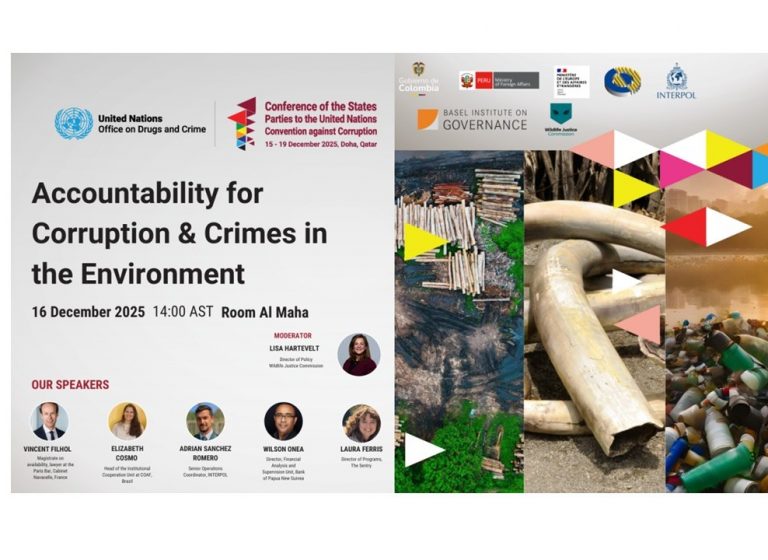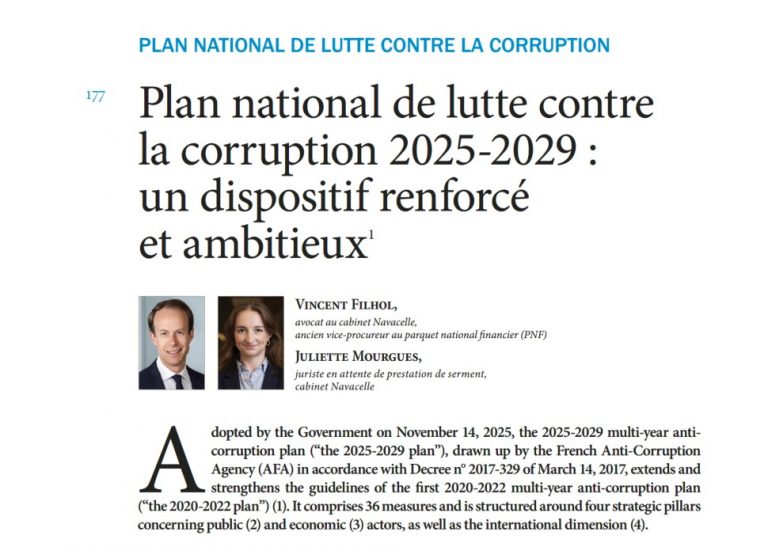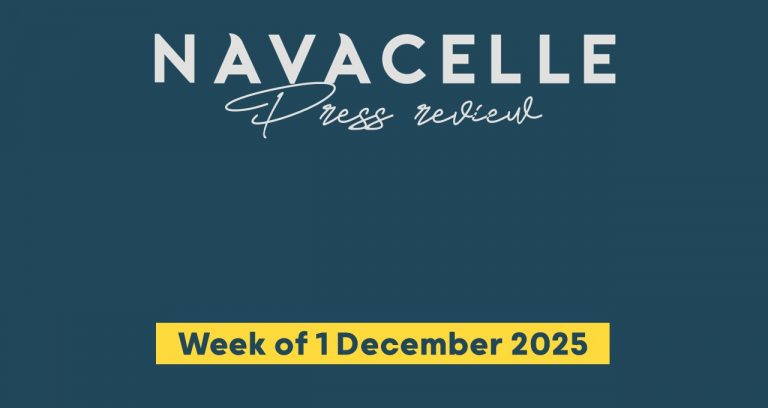Surys (formerly known as Hologram Industries), a company specialized in security holograms whose shareholder Imprimerie Nationale is wholly owned by the French State, entered into a Judicial Public Interest Agreement (“CJIP”) with the National Financial Prosecutor’s Office (“PNF”) on 8 July 2025.[1] This agreement was approved by an order issued on 3 September 2025 by the President of the Paris Judicial Court.
This agreement was concluded while Surys was implicated in an investigation conducted by the National Financial Prosecutor’s Office (PNF) for acts of bribery of a foreign public official, misappropriation of public funds, and money laundering of these offences.
The underlying facts relate to a tripartite commercial relationship under which the Ukrainian state-owned company Polygraph purchased raw materials to produce secure documents from the Estonian company Ou Feature, which in turn sourced them from the French company Surys.
In 2013, following direct discussions between Surys and Polygraph and prior to the formalization of their contractual relationship, Polygraph proposed to the French company that a third entity, Ou Feature, be used in order to allow faster receipt of funds, namely as soon as the goods left for delivery to Polygraph. In 2014, a first contract was therefore entered into between Surys and Ou Feature for the production and supply of holograms, which also assigned the intellectual property rights over the graphic designs to Ou Feature. Surys, however, was required to deliver the goods directly to Polygraph, despite no contract existing between these two companies. Between 2014 and 2018, customs declarations were filed listing Ou Feature as the sender and Polygraph as the recipient, with France as the place of dispatch and Ukraine as the place of destination. These declarations reflected the invoice amounts issued by Ou Feature to Polygraph, which were three times higher than the actual invoice amounts issued by Surys to Ou Feature.
As from 2018, despite the conclusion of new direct contracts between Surys and Polygraph, Ou Feature remained involved through a licensing agreement providing for the payment of royalties and commissions. Between 2018 and 2021, Polygraph paid more than €22 million to Surys, which in turn transferred over €7 million to Ou Feature. The investigations established that these funds ultimately benefited Polygraph’s director and his relatives.
The relationship between Surys and Ou Feature came to an end in February 2022 following a review carried out by a company specialised in third-party integrity assessment, conducted within the framework of Imprimerie Nationale’s anti-corruption compliance program, which had identified several red flags.
On the basis of these factual findings, the CJIP agreement was concluded between the PNF and Surys. In return for the termination of criminal proceedings, the company undertook to pay a public interest fine in the total amount of €18,363,007 and further agreed to subject the Imprimerie Nationale group to a three-year compliance program under the supervision of the French Anti-Corruption Agency (“AFA”). This program includes an initial audit to assess the adequacy of the anti-corruption framework currently in place within the group, targeted audits to ensure its effective implementation and efficiency in light of identified risks, as well as a final audit.
In addition, Surys agreed to compensate the Ukrainian State in the amount of €3,770,000 in reparation for the damage suffered.
This CJIP illustrates the dual financial dimension that may be imposed on a legal entity agreeing to such an arrangement, combining both a public interest fine and compensation to the identified victim (I).
Beyond the sanctions imposed, it is important to emphasize the role of third-party integrity assessment, as illustrated by the review conducted on the third-party Ou Feature, which emerges as an essential tool for preventing and detecting corruption risks (II).
I. Financial sanctions: a public interest fine combined with compensation to the identified victim
First, the Judicial Public Interest Agreement concluded between the PNF and Surys provides for the payment of a public interest fine of €18,363,007.[2]
Article 41-1-2 of the French Code of Criminal Procedure provides that the public interest fine is determined based on the benefit derived from the offence and may amount to up to 30% of the average annual turnover over the past three years.[3] In this case, the fine could have reached €159,000,000.[4]
Under this CJIP, the economic benefit derived from the misconduct corresponds to the undue profits obtained by the company during its commercial relationship with Polygraph and Ou Feature, tainted by acts of bribery of foreign public officials and overbilling. This illicit benefit was specifically assessed by the PNF at €17,700,000, an amount representing almost the entirety of the public interest fine.[5]
In addition, the punitive component of the public interest fine amounts to €663,007, representing approximately 3.7% of the total fine. This relatively low amount is explained by several mitigating factors. First, Surys implemented corrective measures, notably by dismissing those involved in the misconduct within the company. Second, it fully cooperated with the Prosecutor’s Office by conducting a comprehensive internal investigation and providing all resulting documents and findings. The quality of this investigation and Surys’ clear acknowledgment of the facts also worked in its favour, as did the prior compensation paid to the Ukrainian State.[6]
Furthermore, this CJIP is unprecedented in that it provides for direct compensation to a foreign State, Ukraine, as the victim of the offences. Surys undertook to pay €3,370,000 to the Ukrainian State in reparation for the damage suffered.[7]
This compensation reflects the clear intention of the French judiciary to acknowledge the international consequences of corruption and to provide a response adapted to the reality of victims, including where those victims are foreign States.
II. Third-party integrity assessment: an important mechanism for preventing and detecting corruption risks
Another important aspect of the CJIP dated 8 July 2025 concluded with Surys concerns the emphasis placed on third-party integrity assessment.
Indeed, it was through an assessment conducted by a company specialized in third-party integrity due diligence that red flags were identified concerning Ou Feature, a key actor in the contractual chain described above.[8]
This process of third-party integrity verification forms part of the legal obligations relating to the fight against corruption, in particular under the Sapin II Law, but also as a matter of best practice to be implemented even within companies not subject to Sapin II.[9] The AFA emphasizes the need to assess third parties in order to prevent corruption risks. This process consists in identifying, analyzing and verifying business partners, notably through the use of publicly available databases, with a view to detecting potential risks linked to their activity, location or function.[10]
As part of its support approach, and in view of the importance of third-party assessment in preventing corruption, the AFA has launched a public consultation, open until 30 September 2025, on a draft set of practical guidance notes on this subject. These notes are intended to help companies better understand and implement this obligation by providing concrete benchmarks tailored to operational realities.[11]
This CJIP illustrates the need for companies to implement appropriate procedures to identify corruption risks associated with their business partners and underlines that the establishment of such third-party assessment and control mechanisms remains an important factor in mitigating the severity of sanctions, as it demonstrates a genuine commitment by companies to preventing corruption risks.
